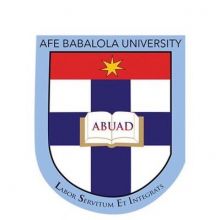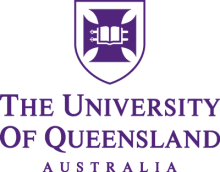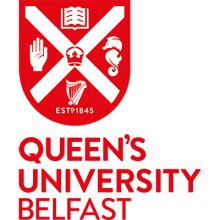About International Islamic University, Islamabad
Established in 1980 to mark the start of the 15th Century of the Islamic Calendar, IIUI was built at Faisal Majid in the Pakistani capital, on land donated by the former King of Saudi Arabia. It was restructured in 1985 following a state ordinance proclaiming the desire to "establish an international seat of Islamic Leaning in Pakistan".
Its vision is to "provide every opportunity for an all-round and harmonious development of individuals and society and reconstruction of human thought in all its forms on the foundation of Islam". It points to "very close collaboration" with five overseas universities, Al-Azhar in Egypt and four from Saudi Arabia.
Since 2013 it has been developing a new purpose-built campus in the H-10 sector of the city, previously the location for its womens’ campus. Students are segregated by gender, and there are plans to take capacity at the 704 acre site up to 30,000 students, two-thirds of them male.
IIUI has been described as "a focal point for the dissemination of Islamic thought in Pakistan and South-East Asia". The school of Islamic Studies, Usuluddin, was created in 1981, followed two years later by the International Institute of Islamic Studies, which publishes quarterly journals in Arabic, Urdu and English. The emphasis on Arabic sets it apart from much of the Pakistani higher education system.
The International Institute of Economics describes itself as involved in "endeavour for an Islamic economic paradigm" while technical education, across a range of disciplines, is the responsibility of the IQRA College of Technology.
Explore these featured universities
Explore rankings data for International Islamic University, Islamabad
Compare universities on their key stats
Key statistics
- 22.2No. of students per staff(1)
- 6%Percentage of International Students(1)
- 57 : 43Student Ratio of Females to Males(1)
- 22%Proportion of ISR Publications(1)
- 24,924Number of FTE Students(1)
Subjects taught at International Islamic University, Islamabad
Arts & humanities
- Languages, Literature & Linguistics
- Art, Performing Arts & Design
- History, Philosophy & Theology
- Architecture
Physical sciences
- Physics & Astronomy
- Mathematics & Statistics
- Chemistry
- Geology, Environmental, Earth & Marine Sciences
Business & economics
- Business & Management
- Accounting & Finance
- Economics & Econometrics
Engineering & technology
- Civil Engineering
- Electrical & Electronic Engineering
- Mechanical & Aerospace Engineering
- General Engineering
Social sciences
- Geography
- Sociology
- Communication & Media Studies
- Politics & International Studies (incl Development Studies)
Psychology
- Psychology
Education
- Education
Life sciences
- Biological Sciences
Law
- Law
Computer science
- Computer Science










